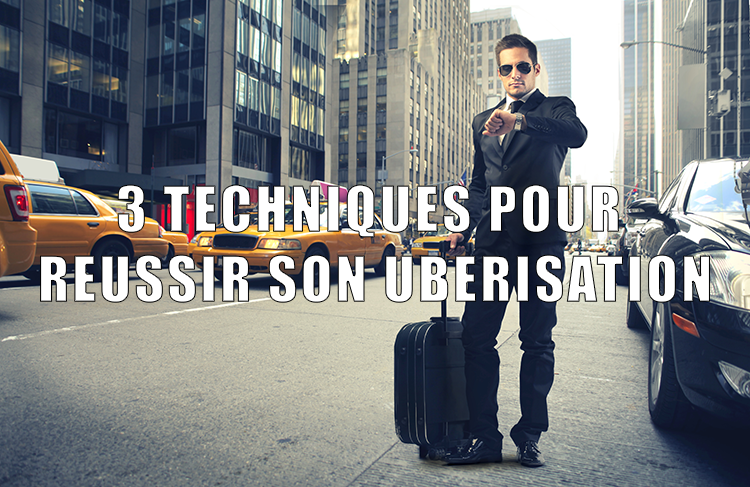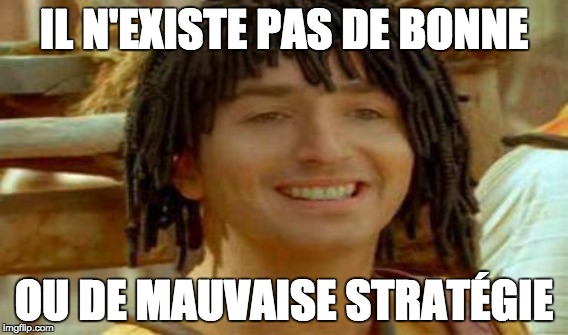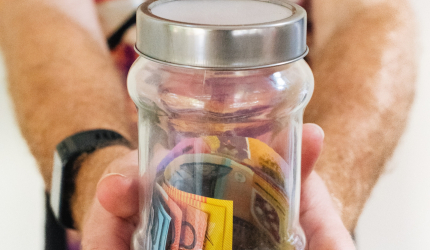Uberization, which stems from the Uberstart-up name, is a commercial technique that consists of federating supply and demand on a single platform, in a spirit of sharing economy. People looking for a provider visit a dedicated site, pick the profile that best meets their needs and complete the transaction within a few minutes. A variety of activity sectors have become “uberized” such as real estate, catering or pet care, among others. Thereby, many entrepreneurs can spot a market that could be promising if it was quite often “disrupted” thanks to the sharing economy. Yet, they will always be faced with the chicken and the egg issue. So, they have to be proactive. Decoding.
What is the chicken-and-egg problem?
Unless you are a consortium of several key accounts, if you are an appmaker in the sharing economy, then this article is for you.
A person may find a market that s/he could uberize, by creating a platform on which s/he will match supply and demand. His/her business will make profits from the commissions withdrawn on each transaction. Therefore, a site that is based on the sharing economy must have at least two bases that interact with one another, for example a provider base on the one hand, and a user base on the other hand. These two entities operate together. They both derive profits, i.e. one cannot prevail or evolve without the other.
The platform and the mobile app designer must, hence, make sure that these two elements exist together. This represents the greatest obstacle s/he will be facing.
A second obstacle lies in the “Time to Market” issue: reducing the time elapsing between the e-service development and its launch usually makes the buzz and attracts the utmost number of users.
3 Techniques for a successful Uberization
Slowly but surely
Here, the growth of both parties is carried out slowly and intensively. In this case, it is necessary to start with a very (very) small project, i.e. a project that is confined to a zone or a specialty and extend it gradually. That was the case with Uber, which started its activity in one city and then deployed it to other regions. Another example is Amazon, which began with book marketing and then diversified its services.
The great leap
In this case, a base is founded quickly while the development of the other is to naturally follow since the first part is ready.
The idea is to quickly position oneself as the market leader.
One solution is to start a partnership with a service that is already very popular among consumers or that already has a large user base. This is the case with Google, which has collaborated with the Netscape browser to become its sole search engine.
Fake it until you make it
This technique consists in developing one’s service by creating a customer database and faking that the service providers exist. For instance, sales platform that manage their own inventory, or a home delivery business that delivers its own products.
This technique is of particular interest because it enables to focus only on one single segment while quickly confirming its concept.
This is the case for Flipcartwho had to keep a stock of books to sell to its users, for lack of a well-established seller base.
Another example is Square, which launched a credit payment service for retailers. The company then created a mobile app for consumers to benefit from the services of its merchant partners.
So?
Yes and no. As far as we can judge, it would be easy (yet wrong) to summarize the marketplace strategy in 3 points. The reality of facts is much more complex and implies the clever mixture of the 3 points addressed above. Nevertheless, the above reflection and examples should be a sound starting basis.







